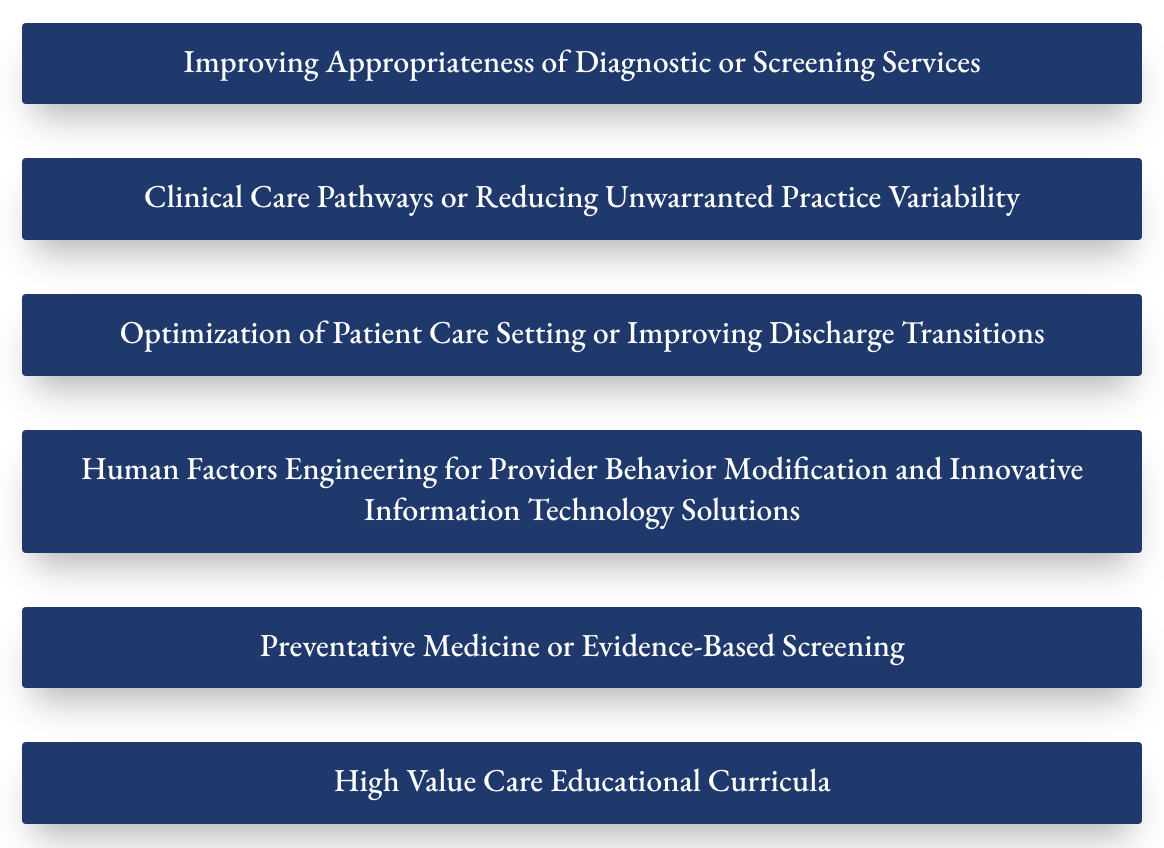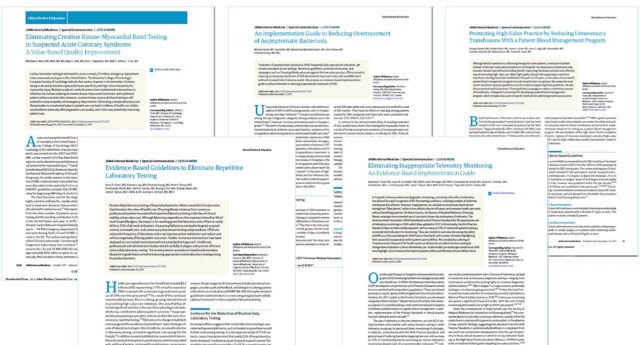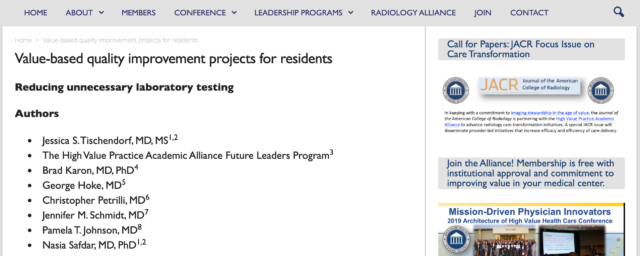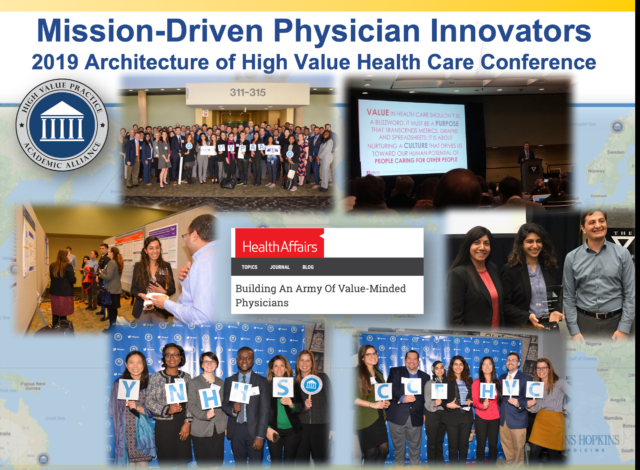Dr. Jacob Mack (Michigan Medicine), Dr. Sarina Meikle (Michigan Medicine), Dr. Catherine Miller (Michigan Medicine), Dr. Zachary Risch (Michigan Medicine), Ms. Christina Arens (Michigan Medicine), Dr. Christopher Grondin (Michigan Medicine), Ms. Katie Grzyb (Michigan Medicine), Dr. Gabriel Solomon (Michigan Medicine)
Background
Hospitalized patients frequently have laboratory studies collected while admitted to the hospital with results pending at the time of discharge (hereafter, “pending labs”). The results of some of these pending labs are abnormal and warrant a change in management. However, many do not receive proper follow-up by either the patient’s inpatient or outpatient physicians. This gap in follow-up can lead to delayed or missed diagnoses and inappropriate management. Clearly identifying pending labs provides an opportunity to improve quality and safety.
Objective
To assess the scope of pending labs, determine the root causes of this issue, and implement a pilot intervention for improvement.
Methods
We utilized an electronic survey directed to Internal Medicine residents, hospitalists, and primary care providers across the Ann Arbor Veterans Affairs (AAVA) and Michigan Medicine (MM) health systems to assess the current state of pending labs, whose responsibility it is to follow-up pending labs, and what barriers exist to addressing pending labs.
We then piloted an electronic health record (EHR) intervention that auto-populated pending labs at the AAVA in April 2019 (Figure 1) to an investigational cohort of Internal Medicine residents and attending physicians. We then surveyed those who utilized the pilot to gauge improvement in awareness, barriers, and confidence with regard to follow-up of pending labs.
Results
There were 166 respondents to our pre-intervention pilot survey (80 faculty, 86 residents). Only 22% of respondents were at least fairly confident that pending labs would be addressed, while 16% were not confident at all.
Regarding responsibility of pending labs, 35% of respondents felt the inpatient provider who ordered the test was responsible for follow-up of the results, 32% felt the outpatient primary care physician was responsible, and 29% of respondents felt specialists were responsible.
Regarding root causes of missed pending labs, 66% of respondents felt that the discharge summary did not clearly document pending labs. The most commonly cited reasons for pending labs being lost to follow-up included no responsible party (35%), transition between health systems (24%), and no clear alert in the EHR (19%).
Following our EHR intervention, we had 9 survey respondents; 67% of respondents felt that pending labs were now clearly (always or mostly) documented in the discharge summary. Thirty-three percent of respondents were at least fairly confident that pending labs would be addressed.
Conclusions
Pending labs often do not receive proper or timely follow-up. Our survey suggests this is in part due to lack of clearly responsible party; presumed responsibility was almost evenly split amongst respondents between primary care, inpatient, and speciality physicians. Most respondents felt that there was not clear documentation of pending labs. Utilizing an EHR intervention to auto-populate pending labs in the patient’s discharge summary increased the confidence of physicians that pending labs would be addressed from 22% institution-wide to 33% in our investigational cohort.
Clinical Implications
EHR interventions can help ensure that laboratory studies pending at the time of discharge receive timely and appropriate follow-up, thereby reducing the number of delayed or missed diagnoses and inappropriate management.
Figures






